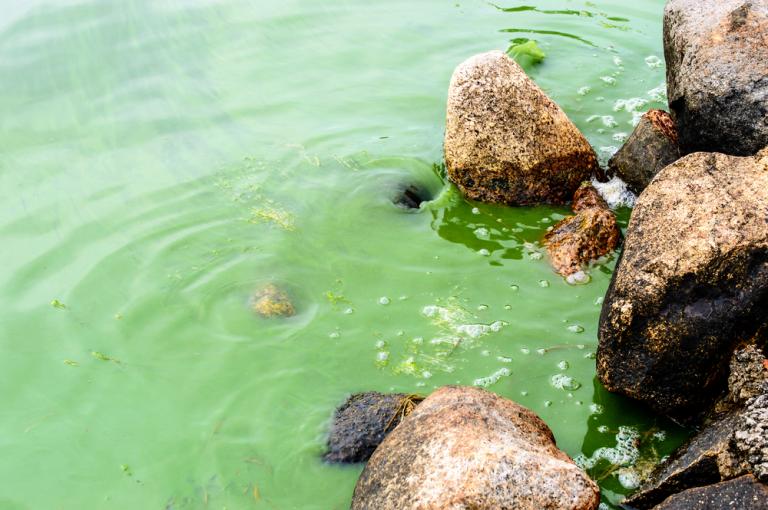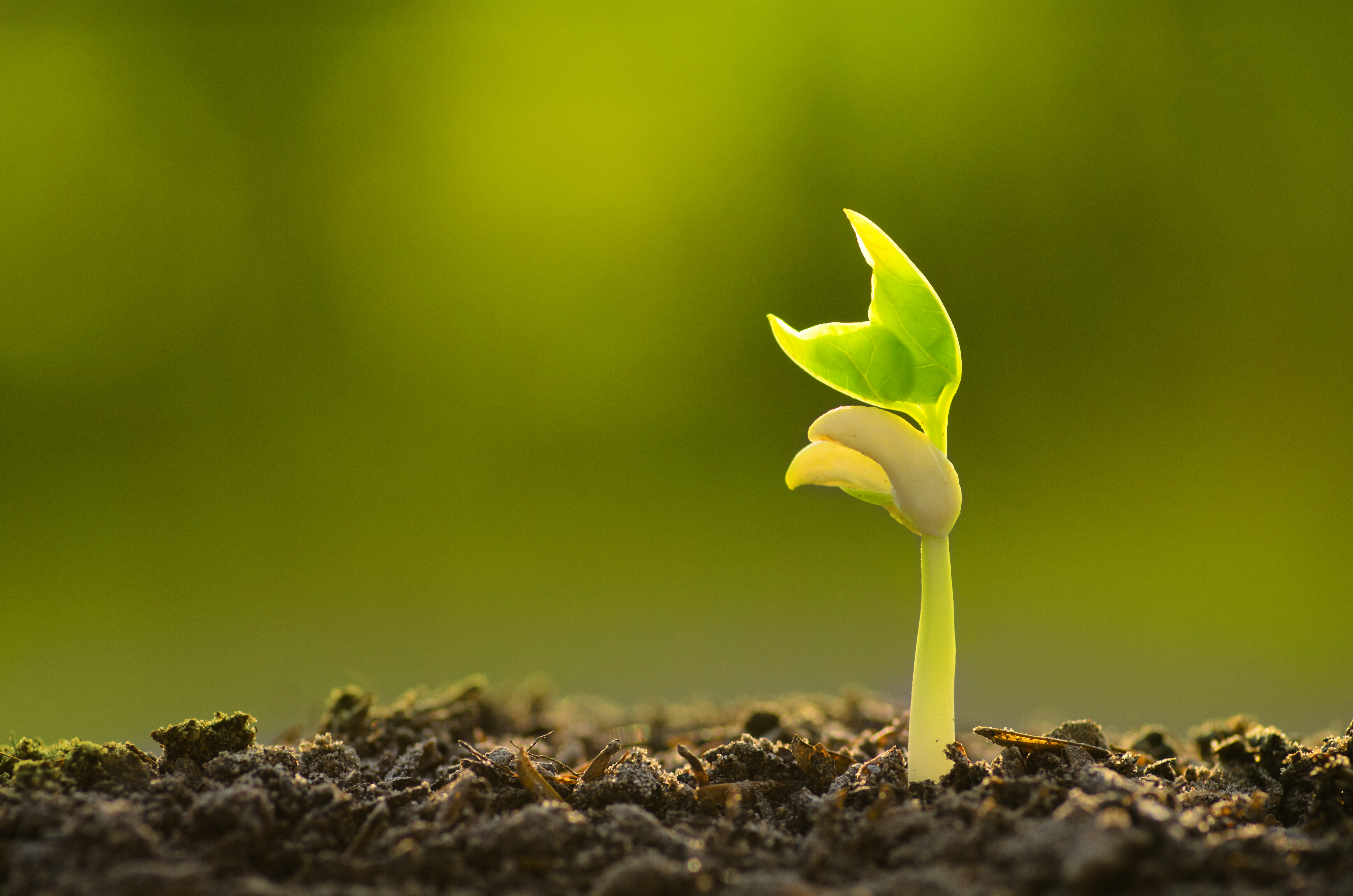Not long ago, the only options for dealing with human remains were burial, cremation, or convincing loved ones to illicitly send you out to sea on a burning funeral pyre. Ecologically, these options are far from ideal: Conventional burial leeches nasty chemicals like arsenic into the groundwater, cremation requires 28 gallons of fuel and releases of 540 pounds of carbon dioxide into the atmosphere, and it’s not like the ocean needs your charred corpse, either.
Today, however, we are entering a golden age of body disposal: Not only can you order a special suit lined with mushroom spores that will digest your body, you may also be planted in a tree, turned into diamonds, shot into space, tattooed on your friends, and — someday — be composted like leftover lunch. There are green burial companies around the country, startups dedicated to finding the most ecological way to die, and now, there’s Promessa.
Promessa, developed by Swedish biologist Susanne Wiigh-Mäsak, involves cryogenically freezing a corpse with liquid nitrogen. Once the body is good and frozen, it then goes through a vibration process that essentially shakes it into dust. That dust is then freeze-dried, dehydrated, and filtered for impurities like mercury and heavy metals, before being stored in a biodegradable container made from potato or corn starch. The pod is then buried close to the surface of the ground, and, if so you desire, marked with a memorial tree or plant. Six to 18 months later, the burial pod, along with your remains, will have been converted to soil. It is, according to Wiigh-Mäsak, a better, more ethical way of dealing with death, and while Promessa has yet to be tested on humans, Wiigh-Mäsak says they’ve had success with pig cadavers.
“My idea,” Wiigh-Mäsak writes, “is to combine biological knowledge with a dignified and ethically correct way of being remembered by one’s next of kin. The primary principles are preservation after death in organic form and shallow burial in living soil that quickly converts us to mulch.”
While the idea of turn ourselves into mulch may be appealing to many — especially those who may not have a faith tradition that dictates burial or cremation — Wiigh-Mäsak knows that the ick factor might keep some away. But still, she is optimistic. “I am aware of the fact that this way of thinking is contrary to many customs,” she writes. “Yet we should try to adopt a more natural approach to our life and our death. Today’s burial traditions conceal reality from people and do not allow them to feel secure in the fact that death is essential to new life.”
Death is essential to new life, as necessary for the continuation of our species as air and sunlight and earth to stand on. And while death might never be any less painful, if Wiigh-Mäsak gets her way, it may, at least, be less harmful.



